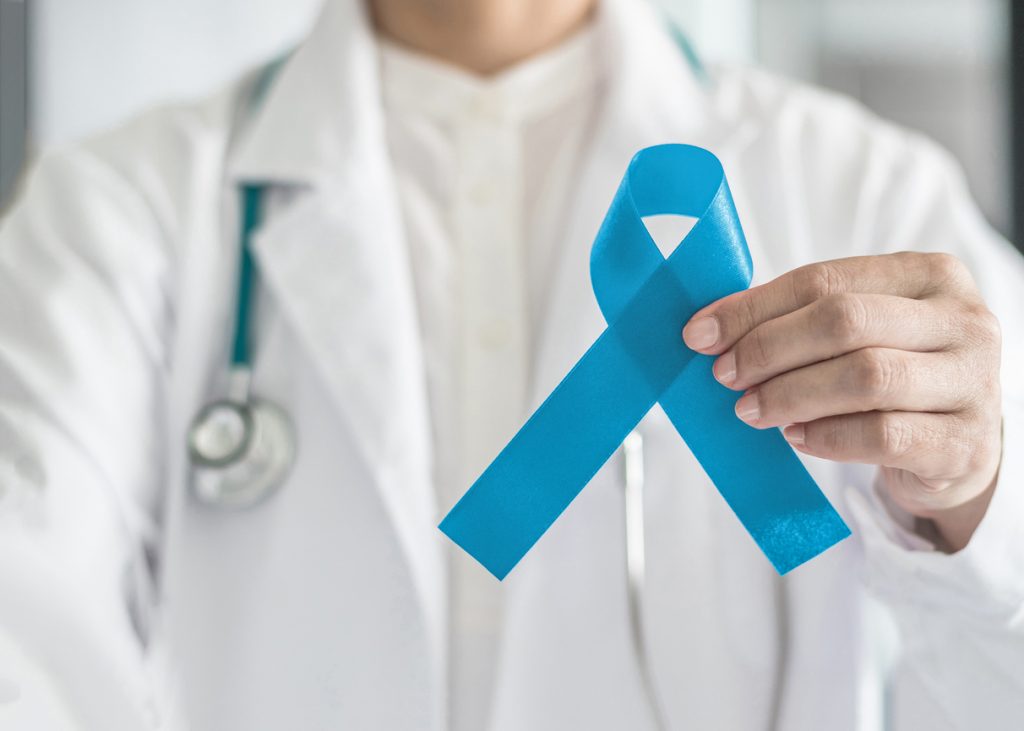
Celebrate Men’s Health Month!
“Before thirty, men seek disease; after thirty, disease seeks men.” – Chinese Proverb
Men’s Health Month is celebrated every June. Maybe it’s to encourage men and boys to take a break from the stress and excess of their everyday lives for one month. However, it’s a reminder of a lifestyle one should hope to achieve.
Boys and younger men might think they have it easy. But consider this:
- On average, men live about five years less than women
- Men have a higher death rate for cancer, diabetes, heart disease, and suicide
- Approximately 30,000 men die every year from prostate cancer
Why is this? Environmental and natural factors put men at risk. But the factor of choice is as important as any. For example, men make half as many physician visits for prevention as women. Also, men are more likely to be uninsured than women.
Despite this uninspiring collection of statistics, many top risk factors can be prevented before a doctor’s visit (but please, if you don’t feel well, don’t be that guy. GO.)
Diabetes
Unhealthy eating and excess weight are at the forefront of adult diabetes. But you can do more than just eat your veggies to keep yourself safe. Scottish researchers suggest to keep your exercises in short-burst, high-intensity routines. These prime your muscle fibers to respond better to insulin.
Additionally, some of your favorite drinks can help with diabetes prevention, including coffee, tea and even beer. The American Journal of Epidemiology showed a link between moderate alcohol consumption and lower diabetes risk. But remember – use anything in moderation!
Cardiovascular Health
Give your heart a break. Walk, run and lift regularly. Eat a variety of fruits and veggies. Cut out sugar. Eat fish or seafood instead of red meat every so often. Be sanitary and wash your hands. The flu and pneumonia, along with other infections are not good for your heart.
Is beer good for your heart? Yes! Studies have found a 25% lower risk of heart disease in those who drink one-half to two drinks daily compared with abstainers.
Cardio health is closely tied with good blood pressure and cholesterol levels. Remember, if you’re going to drink, limit to 1-2 per day maximum. And no smoking!
Can golf be good for your health? Yes! Maybe not from swinging your clubs — but from walking — so save money, help your heart, and leave the keys in the clubhouse. Walking an average course amounts to nearly four miles.
Prostate Cancer

1 in 2 men are diagnosed with cancer in their lifetime, compared to 1 in 3 women.
Any cancer is always concern for the general population, but a major focus in men’s health has shifted to prostate cancer. One in nine men are diagnosed with prostate cancer in their lifetime. In comparison, about 1 in 8 women will get breast cancer. This means getting a checkup after age 50 a must, as a man’s risk of prostate cancer increases after the age of 50. But while starting healthy habits later in life is better than never, even younger men should take heed. Obesity and diet are linked to higher risks of prostate cancer and development.
DID YOU KNOW: Eating walnuts can help prevent prostate cancer.

Erectile dysfunction can affect up to half of men before the age of 40.
Emotional Health
Men’s emotional health is broad and all-encompassing. It can include elements such as quality family time, sexual health, great friendships, and spirituality.
Bringing these altogether in a holistic sense is, at times, simply knowing when to say yes, and when to say no. Balance hydration and healthy food with beer and chips. Pay attention to your partner. Explore ways to reduce stress, whether its exercise or meditation. Take a break and get out with your friends. Get involved in community activities. It all helps!
Keeping your testosterone levels at acceptable levels is important for men’s health. Work on keeping your stress levels low with healthy food, and exercise. Take vitamins – low levels of Vitamin D have been associated with low-T levels, as well.
ED affects more than half of men before they reach the age of 40. Curtis Pharmacy offers prescriptions of generic Viagra (Sildenafil), and expects to have generic Cialis (Tadalafil) by the fall. Read more here!
Obstructive Sleep Apnea
It is estimated that 22 million Americans suffer from sleep apnea. The scary part is that 80 percent of moderate and severe sleep apnea cases are undiagnosed. Likewise, it affects twice as many men (4%) as it does women (2%).
You can make everyday changes to treat your sleep apnea, including losing weight, quitting smoking, and avoiding common sedatives like excess alcohol and sleeping pills before bedtime, because they relax your breathing muscles.
Try sleeping on your side or using nasal saline spray or strips to open up your breathing passages. See your doctor if difficulty breathing during sleep persists. Sleep apnea can be lethal if untreated.